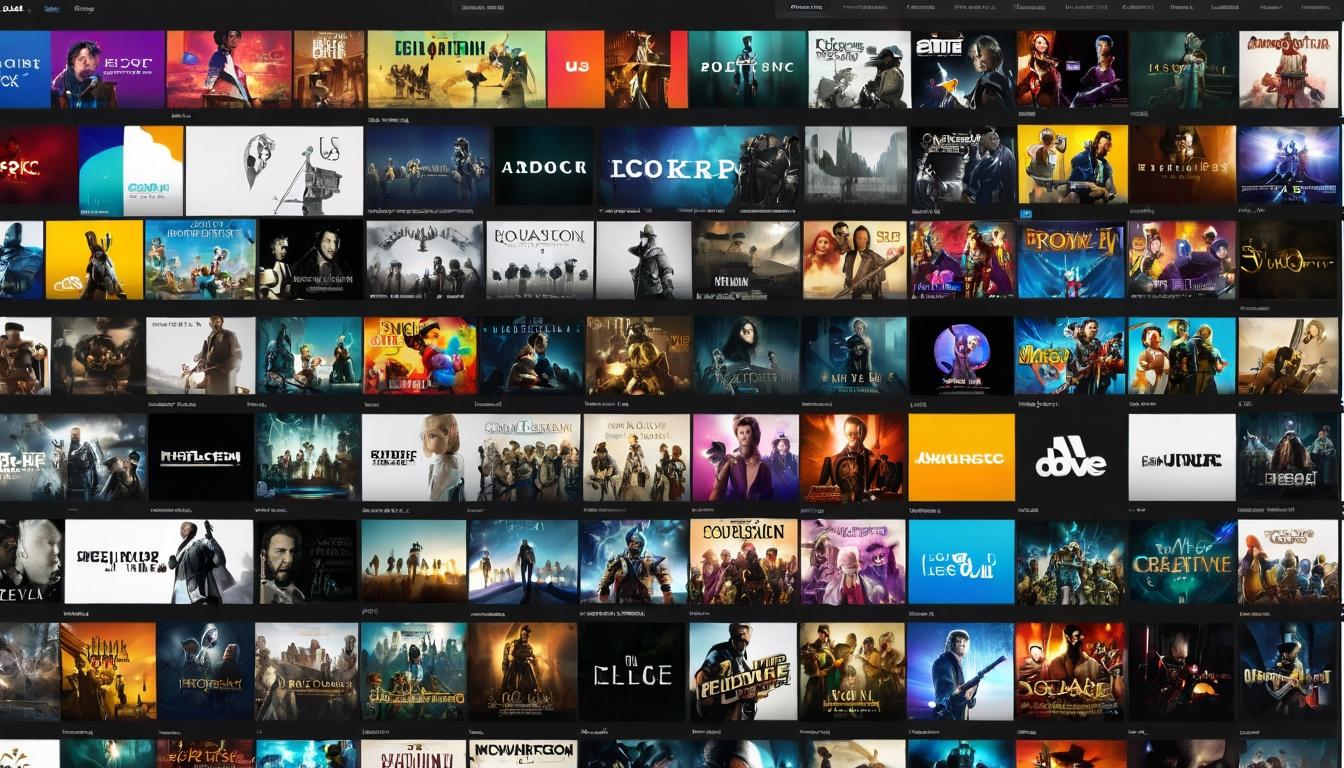The lights dim, the projector hums to life, and before a single word is spoken or action unfolds, music begins to tell the story. For decades, film composers have operated in the shadows of directors and stars, their contributions often reduced to mere background noise in the public consciousness. Yet today, as streaming platforms transform how we consume media, composers are experiencing a creative renaissance that's fundamentally changing the art of cinematic storytelling.
Walk through any major scoring stage in London, Budapest, or Los Angeles, and you'll witness a quiet revolution. Where once composers worked in isolation with limited technology, today's film musicians collaborate across continents in real-time, blending traditional orchestration with cutting-edge electronic elements. The demand for original scores has exploded with the streaming boom—Netflix alone released over 70 original films in 2023, each requiring a unique musical identity. This isn't just more work; it's an opportunity to redefine what film music can accomplish.
One of the most significant shifts has been the blurring of boundaries between film, television, and video game scoring. Composers like Bear McCreary move seamlessly between mediums, bringing cinematic grandeur to television series like 'The Lord of the Rings: The Rings of Power' while maintaining the interactive complexity required for video games. This cross-pollination has elevated expectations across all visual media, with audiences now demanding feature-film quality scores for their favorite streaming shows.
The technology enabling this transformation is equally revolutionary. Remote recording sessions, once a logistical nightmare, have become commonplace since the pandemic. Composers in California can now conduct a 90-piece orchestra in Prague via high-speed internet, watching multiple camera angles and communicating with musicians as if they were in the same room. This democratization of resources means smaller productions can access world-class talent without budget-busting travel expenses.
Yet for all the technological advances, the human element remains paramount. The most memorable scores still emerge from deep collaboration between composer and director. Take the relationship between Christopher Nolan and Hans Zimmer—a partnership that has produced some of the most innovative film music of the 21st century. Their work on 'Dunkirk' featured a relentless ticking clock integrated throughout the score, creating visceral tension that drove the narrative forward without a single line of dialogue.
This collaborative process is becoming increasingly experimental. Composers are now involved earlier in production, sometimes before filming begins. They're creating 'temp tracks' that influence cinematography and editing rather than simply responding to finished scenes. Some even participate in script development, helping shape emotional arcs through musical themes before a single frame is shot.
The business side of film composing has undergone equally dramatic changes. Streaming royalties have created new revenue streams, though the system remains controversial. While composers receive residuals when their work streams, the formulas are complex and often less lucrative than traditional broadcast royalties. This has led to renewed efforts by organizations like the Society of Composers & Lyricists to advocate for fair compensation in the digital age.
Meanwhile, the very definition of a 'film score' is expanding. Documentaries like 'My Octopus Teacher' feature scores that rival dramatic features in emotional complexity. Limited series approach each episode as a standalone film with evolving musical themes. Even reality television has embraced original scoring, moving beyond library music to commission works that heighten emotional moments authentically.
The global nature of streaming has also diversified musical influences. Composers are incorporating non-Western instruments and traditions into mainstream scores, creating richer sonic palettes. Ayan Broomfield's work on 'The Woman King' blended traditional West African rhythms with orchestral elements, while Mica Levi's score for 'Under the Skin' used microtonal string arrangements to create otherworldly unease.
Perhaps the most exciting development is the growing recognition of film music as an art form worthy of standalone appreciation. Streaming services now release scores simultaneously with films, and soundtrack albums regularly chart alongside pop releases. Concerts featuring live performances of film scores sell out concert halls worldwide, introducing classical music to new generations through familiar cinematic themes.
This cultural shift reflects a deeper understanding of music's role in storytelling. Neuroscience research confirms what filmmakers have intuitively known—that music doesn't just accompany visuals but actively shapes how audiences perceive characters and narratives. The right score can make us empathize with villains, anticipate danger before it appears on screen, or feel triumph in otherwise mundane moments.
As we look to the future, emerging technologies promise even more integration between music and narrative. Interactive scores that respond to viewer choices are already appearing in streaming experiments. Artificial intelligence tools assist composers in generating ideas, though the creative spark remains resolutely human. The next frontier may be personalized scores that adapt to individual emotional responses, creating unique viewing experiences for each audience member.
What remains constant is the power of music to transport us, to make our hearts race during chase scenes and swell during reunions. In an age of content overload, a great score provides the emotional throughline that transforms watching into experiencing. The composers crafting these sonic landscapes may still work behind the scenes, but their art has never been more essential to how we understand stories—and through them, ourselves.
The unsung heroes: how film composers are redefining storytelling in the streaming era

